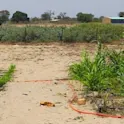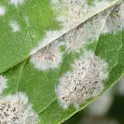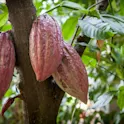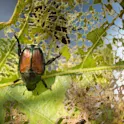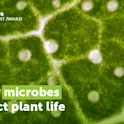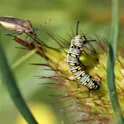
Featured news
27 Sep 2022
Sugary poo could be used to lure destructive plant pests to their doom
By K.E.D. Coan, science writer Aggregation of spotted lanternflies, Lycorma delicatula. Image credit: Jana Shea / Shutterstock.com Spotted lanternflies send signals with their honeydew excretions, shows a new study. Scientists are researching how this damaging invasive species communicates in order to better manage the pest problem. This research provides knowledge of how these insects find each other, as well as the first evidence to show that these signals appear sex-specific. Spotted lanternflies communicate through their smelly excretions, called honeydew, reports a new study in Frontiers in Insect Science. This invasive species has been impacting crops in the northeastern US, but little is known about how these insects locate each other for reproduction or feeding. According to this latest research, the insects’ honeydew emits several airborne chemicals that attract other lanternflies. Surprisingly, these effects are sex-specific, which may be the first known case of such signals in insects known as planthoppers. “This research is important because the first step to managing any pest is to understand their biology and behavior,” said Dr Miriam Cooperband of the United States Department of Agriculture Animal and Plant Health Inspection Service, Plant Protection and Quarantine Division (USDA APHIS PPQ) in the US. “As we learn […]

